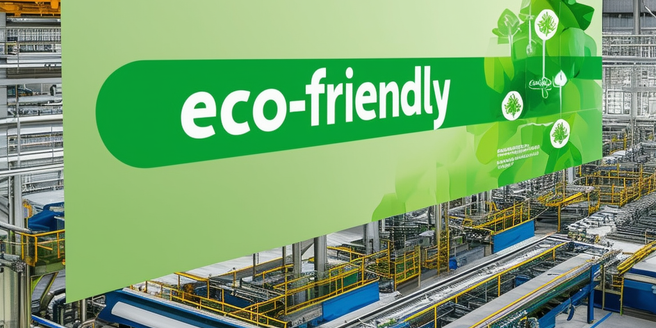
Understanding What Corporate Social Responsibility Means to Millennials
For millennials, Corporate Social Responsibility (CSR) is not an additional aspect of a company’s operation but a core necessity. This generation values transparency and authenticity, making them more critical of corporate practices. They’re less likely to support companies that fail to demonstrate a commitment to their communities and the environment. They strongly believe in not just making a profit, but positively impacting the society and environment. For them, it’s about integrating societal values within the business model, not just as an external showpiece. They see businesses as potential agents for change, having the power and resources to implement changes.
How Millennials’ Values Shape Their Perception of Corporate Social Responsibility
Millennials, who grew up amid rapid changes in technology and economic instability due to multiple recessions, have a unique perspective on Corporate Social Responsibility (CSR), shaped by their heightened awareness of societal inequalities and the prominence of environmental sustainability. Their personal values, deeply influenced by these quick socio-economic changes, intertwine with their perception of CSR as a reflection of deep-seated corporate values on justice, equality, and sustainability rather than a token gesture to society. Hence, their demands for businesses to adhere to these values in their CSR initiatives show they see these efforts not as charity, but as a necessary expression of intrinsic values they champion. The experiences and values Millennials bring to the table are, therefore, redefining CSR standards, centered around fairness, equal opportunities, and planetary preservation – key areas that resonate with their own strongly held convictions.
The Influence of Social Media on Millennials’ View on Corporate Responsibilities
Social media plays an essential role in shaping millennials’ views about corporate responsibility. As the world moves deeper into the digital age, platforms like Twitter and Instagram have become central for instant feedback and communication between consumers and corporations. Millennials, who are active demanders of transparency, use these platforms to keep a keen eye on the corporations’ operations, facilitating a new era where businesses are expected to consider both profits and ethics. Challenging the authority of corporations, millennials quickly highlight any business misconduct, causing a Ripple effect that can be detrimental to the corporation involved. Through platforms like Twitter and Instagram, millennials express their demand for transparency, their determination to hold corporations accountable, and their readiness to call out wrongdoings. This change in consumer behavior demonstrates the definitive role of social media in framing millennials’ perspectives on corporate responsibility.
Why Sustainable and Ethical Business Practices Matter to Millennials
Millennials prioritize sustainability and ethical business practices, viewing them as necessary for a successful, socially responsible company. Core values include reducing carbon footprints through eco-friendly practices, prioritizing employee welfare with benefits and fair wages, and treating customers ethically with transparent pricing and responsive service. They also appreciate businesses that maintain ethical supply chain practices. Despite potentially higher prices, millennials are prepared to pay more for sustainable, ethical practices, viewing it as a contribution to a sustainable future. Brands meeting these expectations gain a loyal millennial customer base, enhancing their reputation through repeat purchases, referrals, or online reviews. This loyalty is tied not just to high-quality products or services, but also to the values the company embodies – transparency, caring management, sustainability, and ethical conduct.
Millennials’ Expectations from Companies In Terms of Social Responsibility
Born between the early 1980s and late 1990s, Millennials value corporate social responsibility and expect brands to proactively work towards societal improvement. They seek businesses committed to responsible activities such as ethical sourcing, carbon footprint reduction, workplace inclusivity, and supporting local community development. They prefer an ethically produced goods or services ensuring zero exploitation of workers and cherish transparency about the production process. They endorse companies with clear policies limiting environmental damage and promoting resource conservation. Concerning inclusivity, they encourage equal opportunity, diversity, and representation. They also advocate for companies that support community development. Failure to meet these values may result in companies losing millennial consumer loyalty, risking the alienation of a significant market segment.
The Impact of Millennials’ Views on Future Corporate Social Responsibility Trends
Millennials are forecasters of future CSR trends. As digital natives, they are acutely aware of global issues and expect companies to actively participate in solving them. Notably, the impact of their demands extends beyond mere changes in operations, causing significant disruption in traditional industry norms. Their demand for ethical business practices, inclusive workplaces, and sustainable products are pushing companies to overhaul their operations. Millennials’ views and values are compelling companies to reconsider their business models and adopt socially responsible practices. This shift could result in a future where businesses play a central role in addressing pressing social issues.
